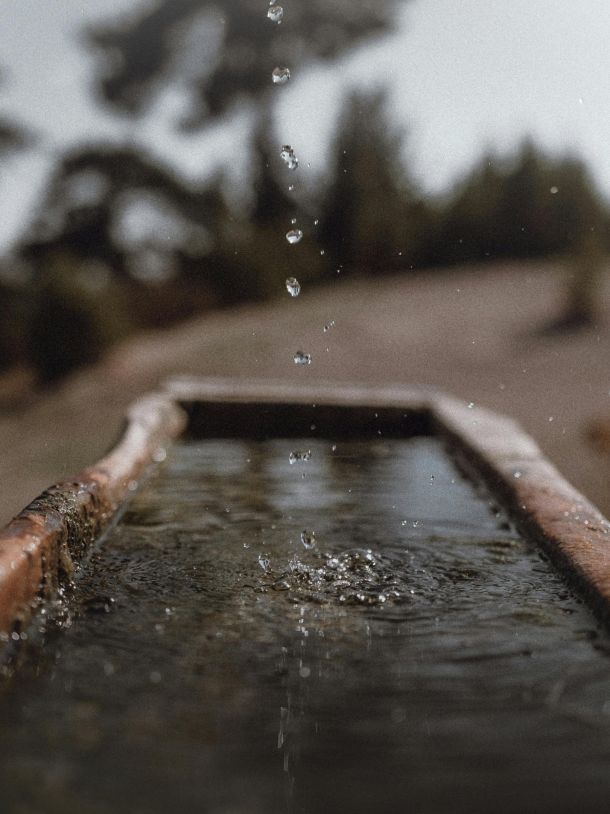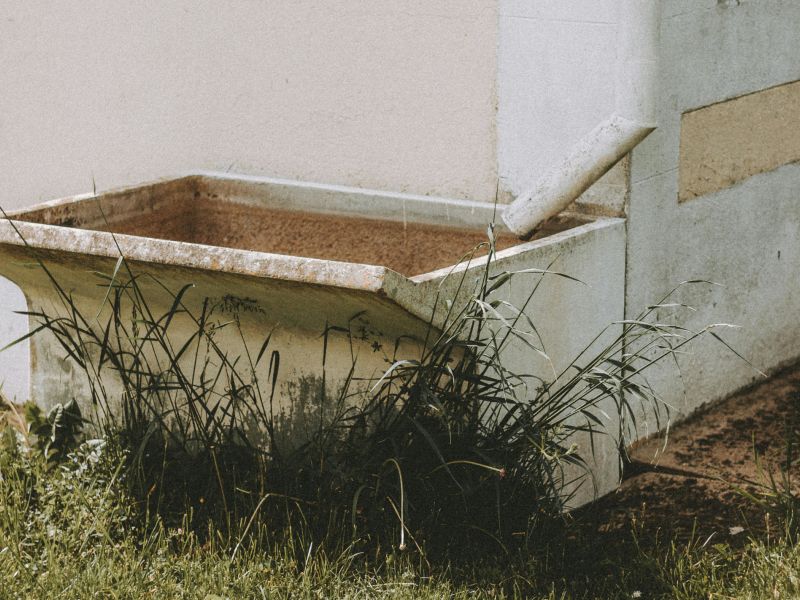Background Project

The Proposed Solution
The security and sustainability of water resources shall be made a national priority to ensure adequate and safe water for all, through sustainable use, conservation, and effective management of water resources enabled by a mechanism of a shared partnership involving all stakeholders to create industrial linkages, external collaboration, and propose a multidisciplinary understanding on the safety of harvested water with the vulnerability of climate, and environment. This study, therefore, forms the first investigation to determine the influence of the hydrological cycle on the water quality variability at the catchment area. The possible association of exposure to microbial contamination with the water quality will be established by using RWHS treatment system. Multiple groups of stakeholders will be involved in this research project, in Malaysia and Jordan, either directly or indirectly, and will benefit from the result of the joint research project. This project focuses on the development of sustainability assessment framework, upskilling the stakeholders, preparing engineering curriculum and policy to elevate the safety of rainwater harvesting for non-potable uses. Within this framework, this proposed project attempts to develop holistic, safe, and sustainable water treatment facilities while ensuring the adequate quality of water for safe consumption.
The Problem Statement
Malaysia, a tropical country with an average annual rainfall of 2,800 mm that receives heavy rainfall due to north-easterly winds during the rainy season, can potentially use rainwater as a source of alternative water supply in many areas. Malaysia is not free from water supply issues. The 1998 water crisis that hit the Klang Valley, Malaysia, and Super El Niño weather phenomenon in 2016 has caused rivers and dams to dry up. The impact on water resources alters the quality and quantity of the water supply cycle. Meanwhile, rainwater harvesting was used in Jordan to provide water that is suitable for various domestic and irrigation uses. Jordanians continue to collect rainwater, in spite of the availability of water distribution systems, due to the shortage of water especially in summer. It is found that can be collected from the roofs of residential buildings which is approximately 8% of the total supply for the year 2015. Besides that, scholars worry that the fast-changing climate will further threaten the water security of the country. Due to the inconsistent water supply, polluted water sources, and new emerging impacts of climate change, Rainwater Harvesting Systems (RWHS) may function as a major alternative or supplementary source of water. Reusing stormwater can reduce downstream environmental impacts and save potable water if the water quality parameter satisfies the acceptable level. However, harvested water is a critical concern regarding the toxicity of the emerging contaminants, specifically pharmaceuticals, heavy metals, and flame retardants, with a diversity of chemical structures, physicochemical properties, and environmental behavior. Another relevant omission refers to the risks of biological contaminants, notably pathogens and antibiotic resistance genes, through the transmission pathways, environment–plants-human. Therefore, regular monitoring is needed as it has the potential for health risks due to the existence of chemical, physical and microbiological contaminants.


Project Goals and Objectives:
- Developing the sustainability assessment framework
- Upskilling the capacity of the stakeholders
- Developing engineering curriculum and position paper to the Government of Malaysia
